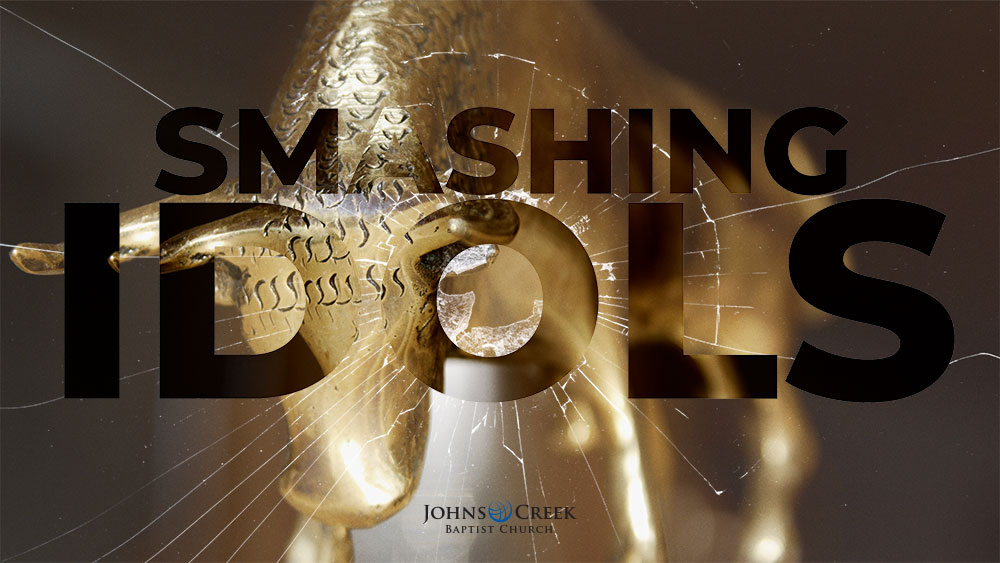For years, one of the central activities of the early church was the sharing of the common meal.
“They devoted themselves to the apostles’ teaching and fellowship,
to the breaking of bread and the prayers.”
(Acts 2:42)
In the early decades of the first century, as the church was still budding to full bloom, Imperial persecution often forced members of “The Way” to gather away from public assemblies, in secret house meetings. In addition to teachings, readings, songs and prayers, these clandestine moments of worship would often culminate in one of the members presenting a hidden serving of bread and wine for all to share, as they would enact the one ritual that bound them all together in unity.
The Eucharist, or Communion meal, or as it is commonly called in our Baptist heritage, “The Lord’s Supper,” is simultaneously the oddest and most glorious act of worship we perform. To the outside observer, it is odd that so much theological attention and liturgical energy is given to such common elements as bread and wine. Yet, to this day, followers of The Way understand it is a mystery that empowers our faith in ways no sermon or song could match.
This is true because the Lord’s Supper accomplishes two major theological tasks at once.
It evokes memory and provokes hope!
It evokes memory.
Were it not for the sacred memory of the church, we would have no story to tell and no mission to serve. The theological word for this memory is “anamnesis.” Anamnesis is the deliberate recalling and retelling of God’s saving acts of mercy. In the case of the church, it is the intentional remembering of the broken body and poured-out blood of our savior, Jesus Christ. Each time the church participates in the sharing of the bread and wine, we remember the sacrifice that made for the salvation of humankind. Even the words that are spoken around this holy meal speak of the power of sacred memory: “This do in remembrance of me.”
It provokes hope.
It is not only for memory sake that the church continues (in various forms and frequencies) to practice communion. It is for the sake of hope. The early church broke bread and poured the cup not simply to enact a memorial meal, but primarily to anticipate the great Messianic Banquet that is coming! They believed deeply (as should we) that God continues to move humankind forward in the ongoing establishment of a Kingdom not made with hands. In this Kingdom which is still coming AND is already here, there will be a great banqueting table where all humankind gathers in solidarity and salvation. At this table there will truly be:
“no longer Jew or Greek…no longer slave or free…no longer male and female;
for all are one in Christ Jesus.”
(Galatians 3:23)
“They will hunger no more, and thirst no more;
the sun will not strike them,
nor any scorching heat;
for the Lamb at the center of the throne will be their shepherd,
and he will guide them to springs of the water of life,
and God will wipe away every tear from their eyes.”
(Revelation 7:16-17)
This meal evokes memory and provokes hope.
That’s why we break the bread and pour the wine.
We do so because for just a moment, we are suspended in time between what has been, and what has yet to come. In other words, we enter a holy moment, in which we abide with one another and our Savior as we have been, as we are, and as we one day will fully be.
This Sunday, JCBC will share the Lord’s Supper in worship.
Come, beloved of the Lord, and let us break bread together.
Have I told you how much I love being your pastor?
Well, I do.
Rev. Dr. Shaun King
Senior Pastor
Johns Creek Baptist Church


